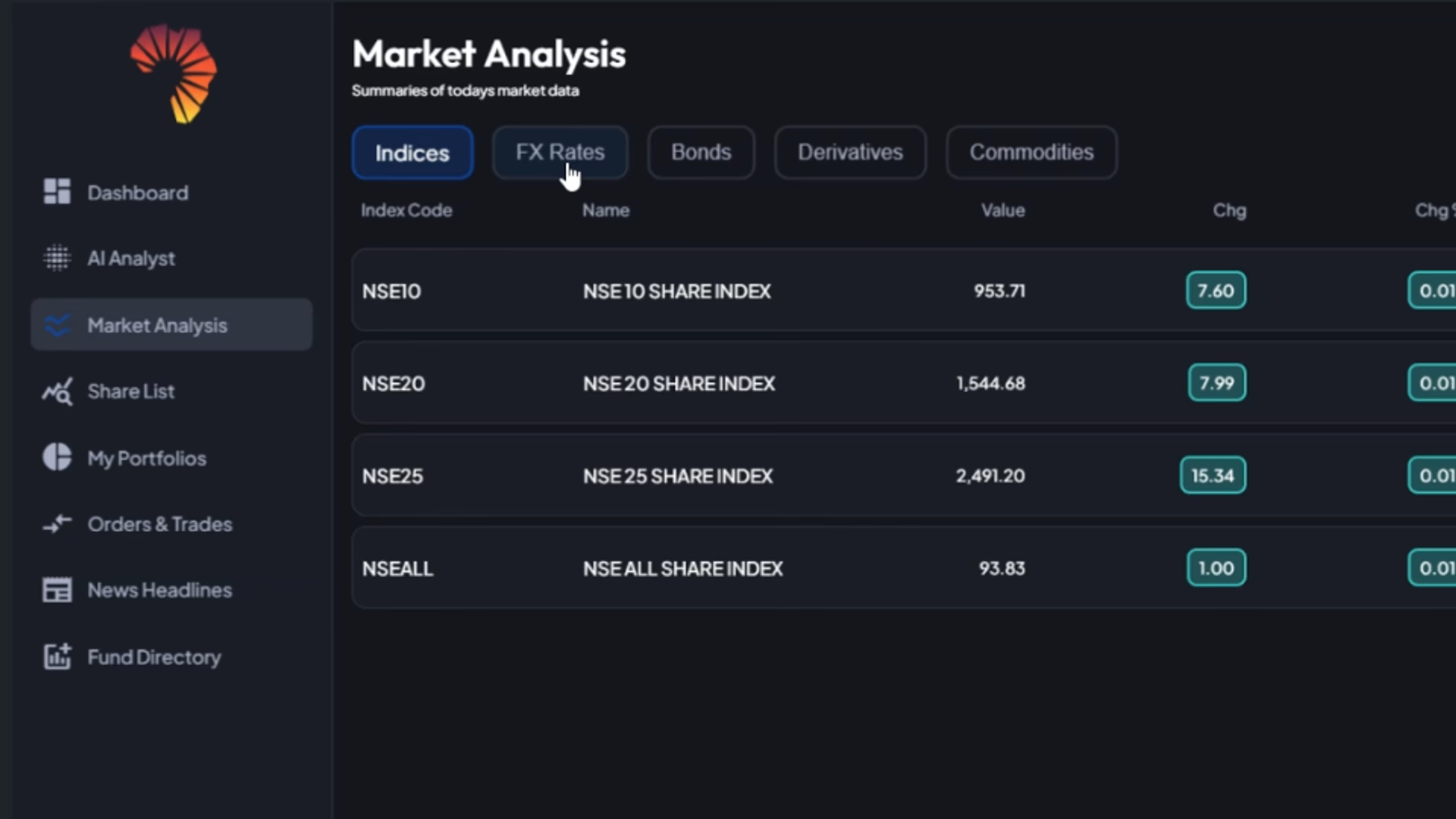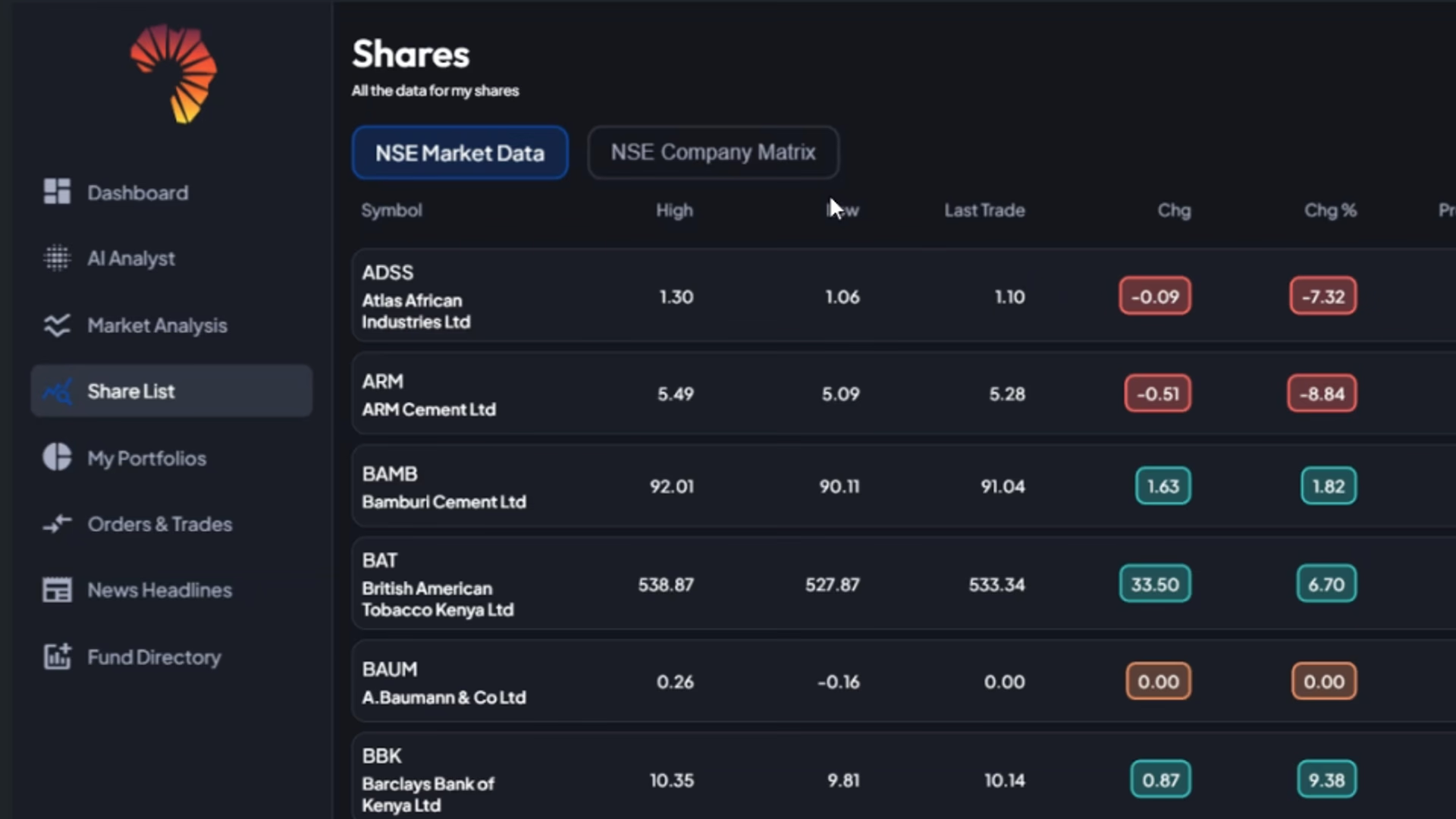In the recent past, we have seen headlines of exuberant salaries paid to companies’ top executives. In light of the tough economic times we are in, you would expect some restraint from these top employees. In such instances, do shareholders, who are the owners of the company, have a say on executive remuneration? What are the other roles of company shareholders?
Shareholders are important to a company as they own the organization. These company owners come in different forms and shapes. It could be a lone investor, family members in the case of family owned businesses, or institutional investors such as pension funds, insurance companies, and investment funds.
Shareholders have a responsibility to keep the company’s management in check. In the case of executive remuneration, often times the board determines the executive pay. Some companies have their shareholders represented on the board. The representative votes on behalf of the shareholders. In advanced economies such as the UK, some companies give their shareholders a right to vote on executive remuneration. Nonetheless, the vote is only advisory and not binding in most cases.
It is prudent for investors to be actively involved in the company they have invested in. Although it may be difficult for a lone investor to keep up with the company’s every new development, institutional investors are advised to monitor the activities of the companies they have invested in. Kenya gazetted the stewardship code for Institutional investors in June 2017 which requires Institutional investors to be engaged and transparent in their involvement in with companies they have invested in.
CDC Group, a UK based investor in Kenya’s cement company exercised its stewardship role when it pushed for changes in the management and board of Athi River Mining Cement company. The changes included removal of the company’s chief executive officer Mr. Pradeep Paunrana. By making those changes, CDC hopes to turn the loss-making cement manufacturer into a profitable company.
Lastly, shareholders are called upon to steer companies toward sustainable development ventures. Climate change and its adverse effects on the environment have led to the need for environmentally friendly companies. Institutional investors are expected to put their money in companies that are environmentally and socially responsible. Some governments offer incentives to investors who invest in environmentally friendly companies.
Besides attending the annual general meeting, shareholders have more roles to play. In these enlightened times, investors must be knowledgeable and actively engaged in the companies they invest in.





